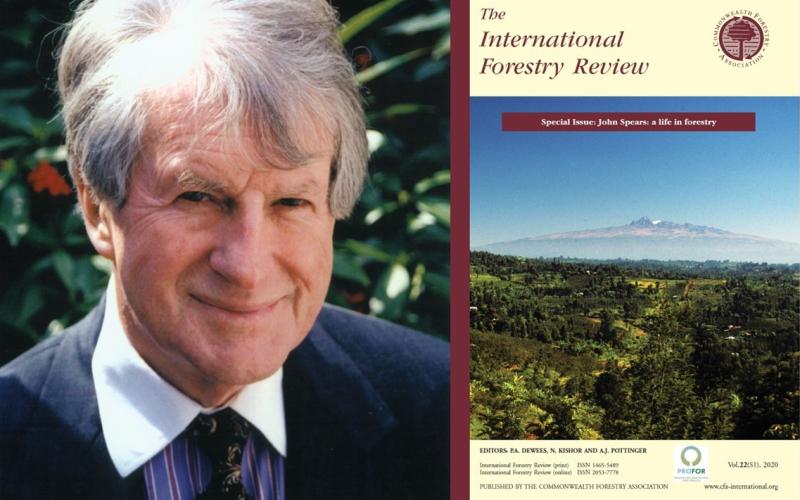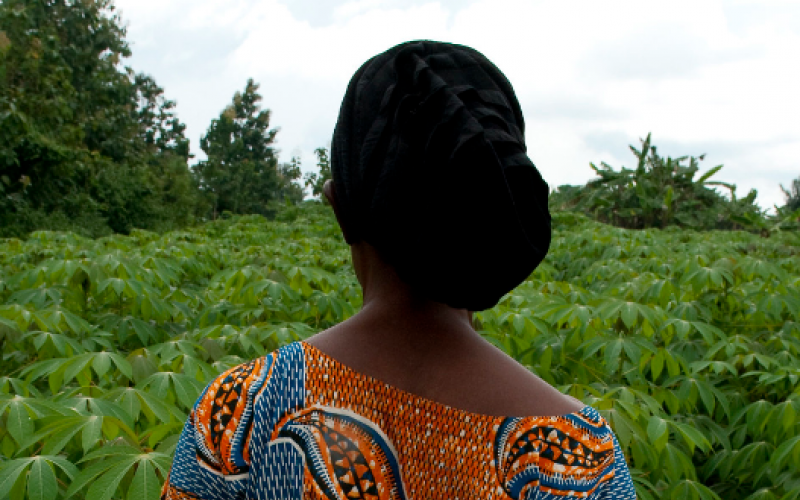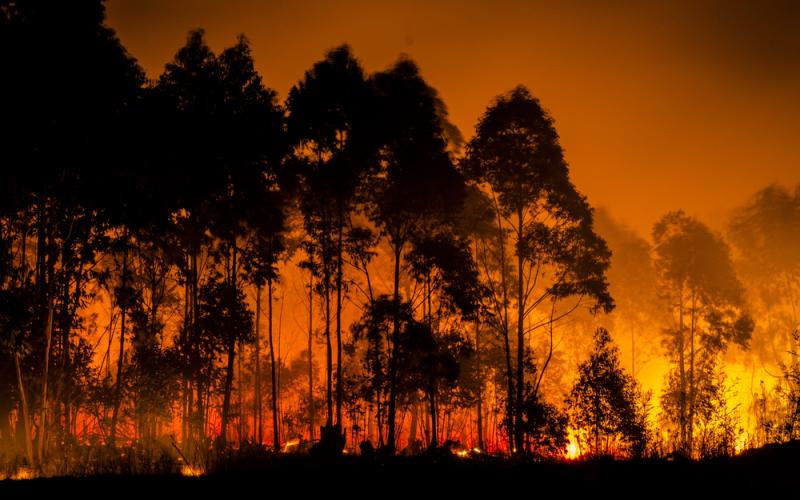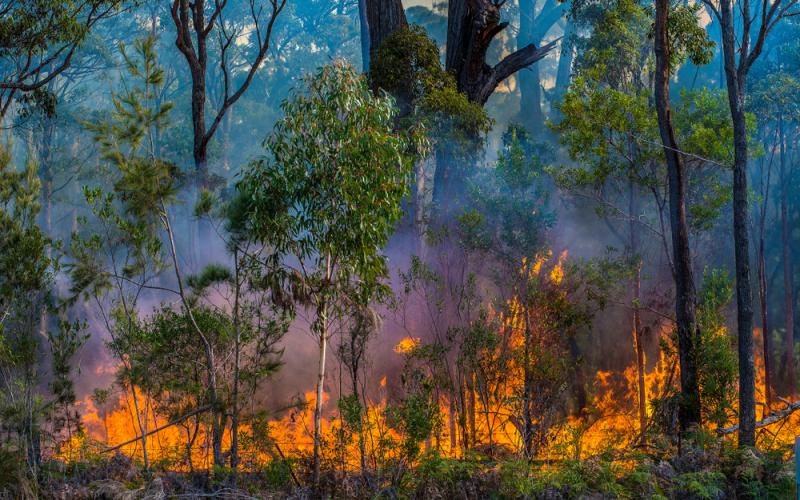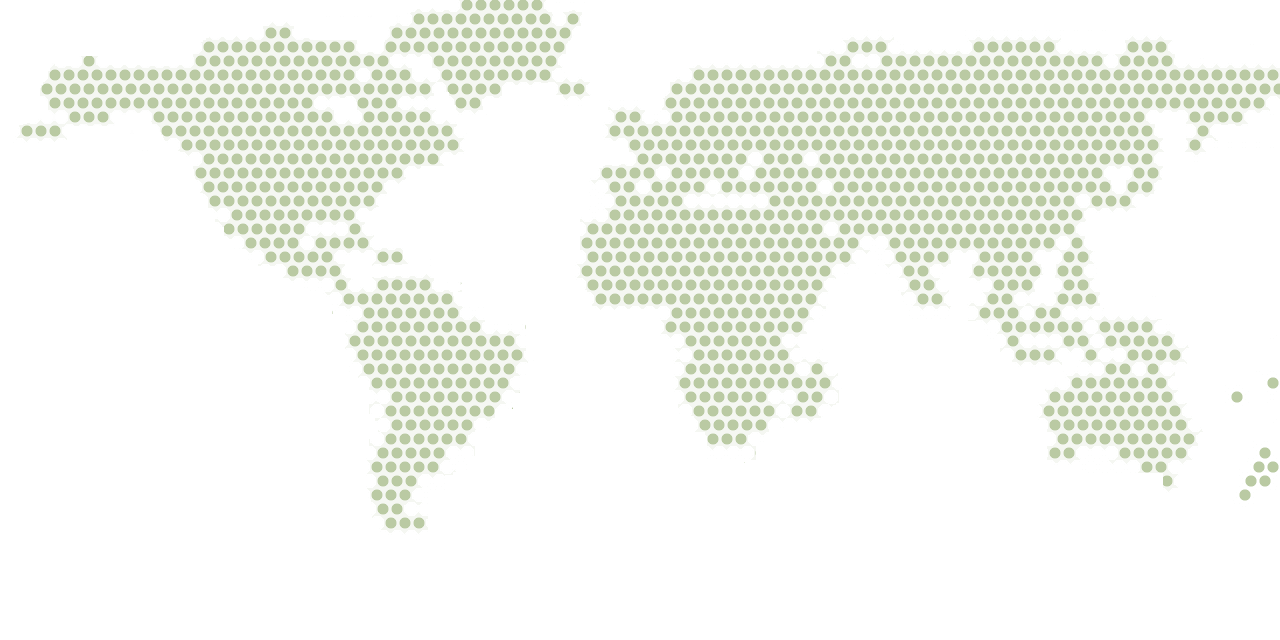The Program on Forests (PROFOR) multi-donor partnership provides knowledge, tools and in-depth analysis to facilitate forests contribution to poverty reduction, sustainable economic development and the protection of global and local environmental services.
Thematic Areas
Climate Change
Not only are forests and trees essential for capturing the carbon emissions that contribute to climate change, but they can also build peoples’ resilience to climate variability. Forests can be… Read more
Cross-Sectoral
Sustainable forest management requires cooperation across many sectors so that good forest practices are not undermined by shifts in macroeconomic policy or other areas. PROFOR’s forest-smart and… Read more
Finance
Sustainable forest management seeks to balance increasing demand for forest products and benefits, and preserving forest health and diversity. Financing this equilibrium requires new app… Read more
Governance
Strong forest governance is essential for many reasons. Clear regulations can encourage legitimate enterprises to make socially and environmentally sustainable investments in the forestry sector.… Read more
Poverty
An estimated 1.3 billion people—nearly 20 percent of humanity—rely on forests and forest products for their livelihoods, with the majority living on less than $1.25 a day. In some areas, forest… Read more
